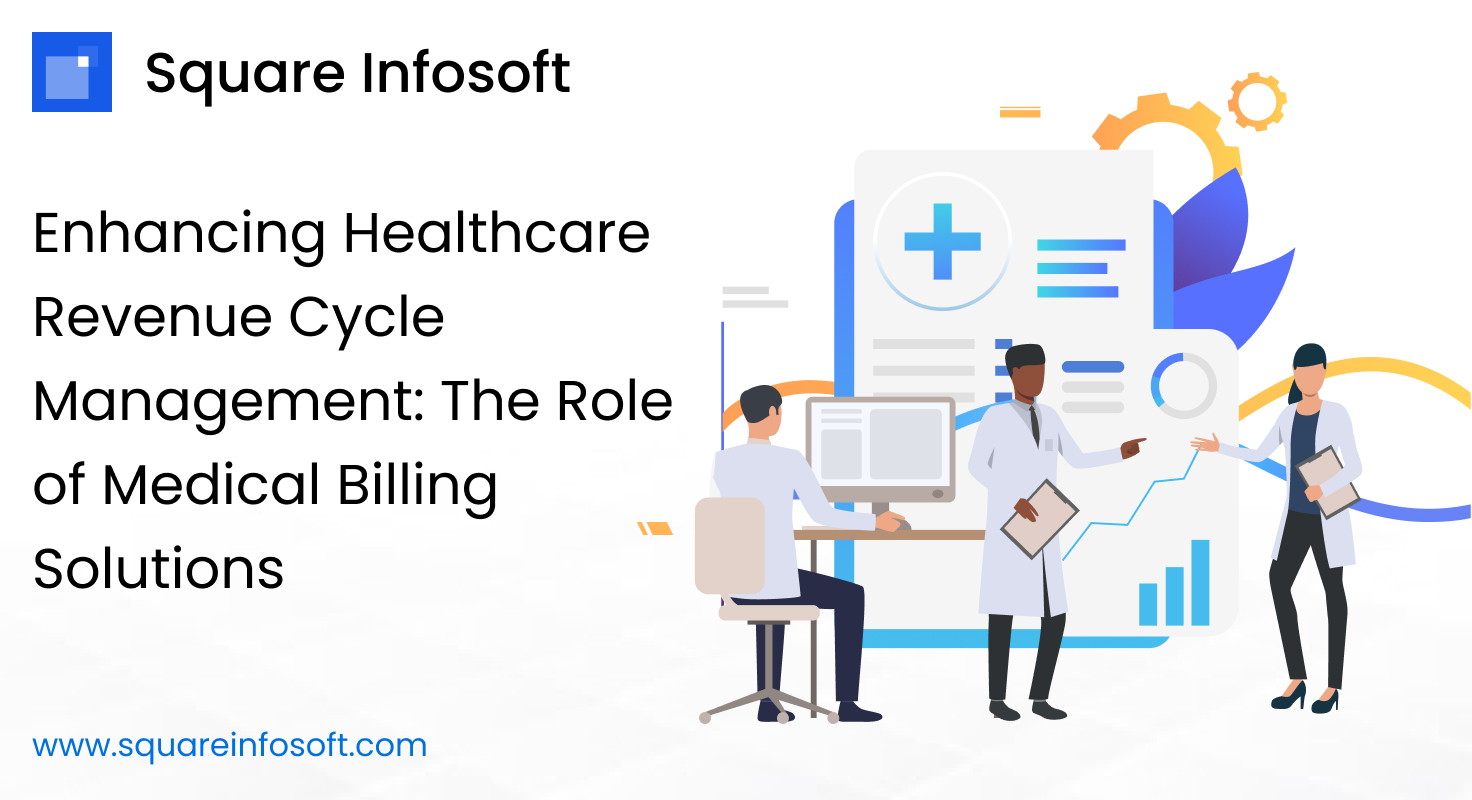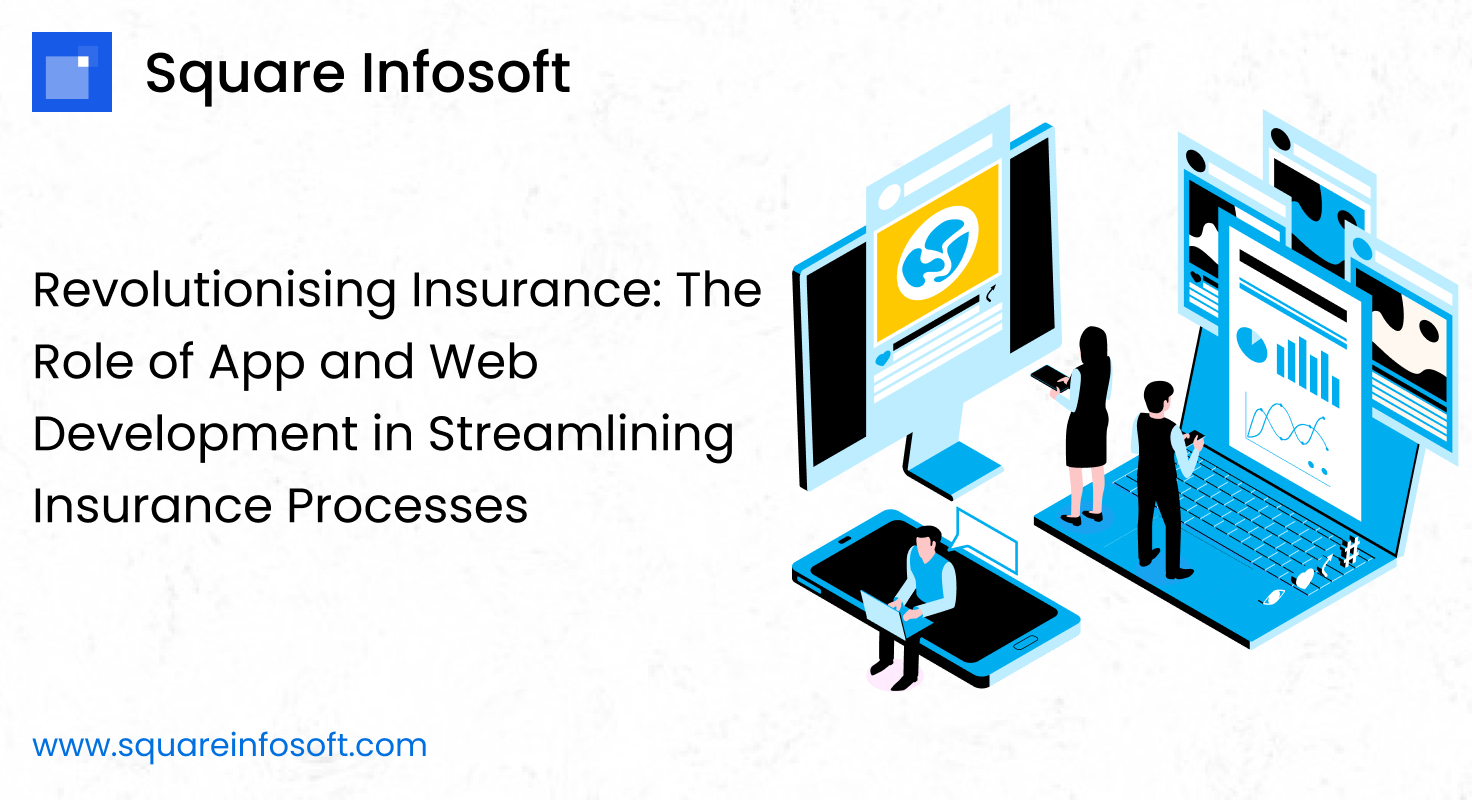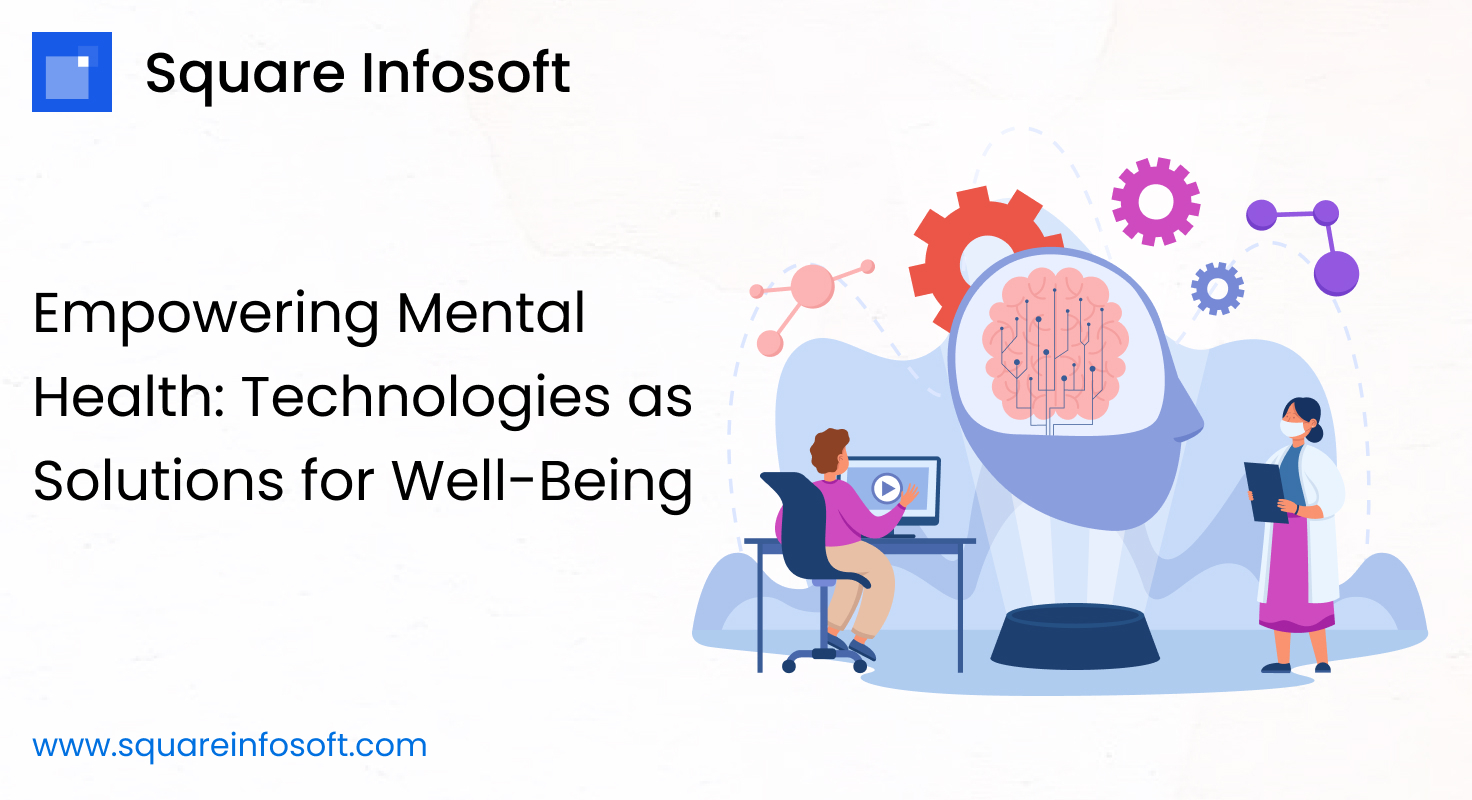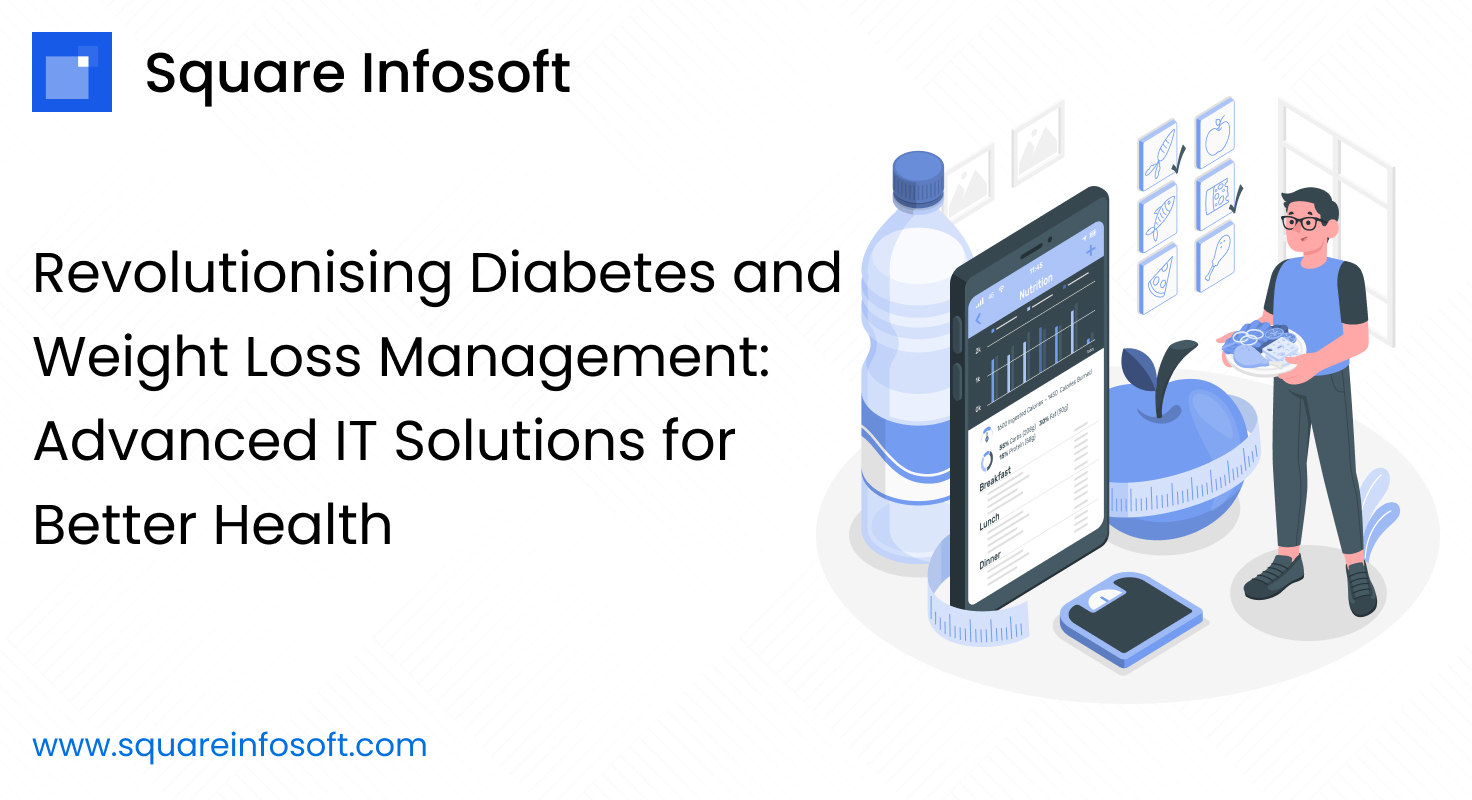In today’s rapidly evolving healthcare landscape, efficient management of the revenue cycle is essential for the financial health and sustainability of medical practices. A critical component of this cycle is medical billing, which involves the timely and accurate processing of patient charges, insurance claims, and reimbursements. To streamline this complex process and ensure seamless communication among all stakeholders, medical billing solutions play a pivotal role. These software agents serve as a bridge connecting the medical team, patients, and insurance companies, optimizing workflows, enhancing transparency, and ultimately improving financial outcomes. In this comprehensive guide, we will delve into the functionalities and benefits of medical billing solutions for each party involved: the medical team, customers (patients), and insurance companies.
There are some characteristics to be included in a medical billing solution to make it effective and efficient for medical teams, customers, and insurance companies:
1. Automated Coding and Claim Submission: The billing solution should have the ability to automate coding and claim submission processes. This will reduce the chances of human error, and it will streamline the billing process, saving time.
2. Real-time Revenue Monitoring: The system should provide real-time revenue monitoring to help users monitor their financial performance, identify trends, and optimize their revenue cycle management strategies.
3. Robust Analytics and Reporting: The software should have a comprehensive analytics and reporting system that offers a range of customizable reports to allow various stakeholders to track financial performance, identify areas of improvement and adjust their financial strategies.
4. Clear and Transparent Billing: The system should provide clear, itemized billing statements and easy-to-understand explanations of charges. This will promote both transparency and customer satisfaction.
5. Insurance Verification and Communicating with Insurance Providers: The software should enable verifying insurance eligibility, facilitating seamless electronic claim submissions, and real-time claim status tracking. It should also feature built-in tools for managing denials and appeals, enabling efficient resolution of claim issues and minimizing revenue leakage.
6. Integration with Electronic Health Records (EHRs): The billing system should be fully integrated with Electronic Health Records (EHRs) to streamline data entry and reduce administrative overheads.
7. Easy-to-use Patient Portals: The solution should provide access to easy-to-use online portals for patients to view their billing information and payment history, which can help improve their overall customer experience.
8. Compliance with Government Regulations: The software must comply with healthcare industry regulations such as HIPAA, Medicare, and Medicaid to ensure that user data remains secure and legally compliant.
For the Medical Team:
- Real-Time Analytics and Reporting:
- Robust reporting tools provided by medical billing solutions offer valuable insights into revenue cycles, claim statuses, reimbursement rates, and other key performance indicators.
- With access to real-time analytics, the medical team can make data-driven decisions, identify areas for improvement, and optimize billing practices to enhance financial performance.
- Improved Accuracy and Compliance:
- Advanced algorithms and validation checks embedded within medical billing solutions ensure accurate coding and billing, minimizing the risk of claim denials, rejections, and compliance violations.
- These solutions stay updated with changing regulatory requirements and industry standards, helping healthcare professionals maintain compliance with billing regulations and mitigate financial risks.
- Enhanced Patient Engagement:
- Transparent billing statements generated by medical billing solutions provide patients with clear explanations of benefits, services rendered, and out-of-pocket expenses.
- Offering convenient payment options such as online portals, mobile apps, and flexible payment plans enhances patient satisfaction and promotes financial transparency.
For the Customers (Patients):
- Transparent Billing and Payment Options:
- Patients receive easily understandable billing statements from medical billing solutions, detailing the services received, insurance coverage, and their financial responsibilities.
- Multiple payment channels, including online portals and mobile apps, empower patients to settle their bills conveniently and manage their healthcare finances effectively.
- Faster Reimbursements:
- By automating claims processing and reducing errors, medical billing solutions expedite reimbursement processes from insurance companies, ensuring patients receive their entitled benefits promptly.
- Quicker reimbursements alleviate financial burdens on patients and enhance overall satisfaction with the healthcare experience.
- Improved Communication:
- Secure online portals and mobile apps provided by medical billing solutions enable patients to access their billing information, review claims status, and communicate with healthcare providers or billing departments.
- Enhanced communication channels foster transparency, trust, and engagement between patients and healthcare providers, leading to a more positive patient experience.
For the Insurance Companies:
- Streamlined Claims Processing:
- Medical billing solutions automate the entire claims lifecycle, from submission to adjudication and payment, reducing processing times and administrative overhead for insurance companies.
- Streamlined claims processing accelerates the reimbursement cycle, enabling insurance companies to provide timely payments to healthcare providers and policyholders.
- Fraud Detection and Error Prevention:
- Advanced algorithms embedded within medical billing solutions help identify potential fraud, errors, or discrepancies in claims, safeguarding insurance companies against financial losses and ensuring fair and accurate reimbursement practices.
- By detecting and preventing fraudulent activities, these solutions contribute to maintaining the integrity of the healthcare billing ecosystem.
- Enhanced Collaboration:
- Integration with insurance portals enables real-time communication and data exchange between medical billing solutions and insurance systems, facilitating seamless verification of patient eligibility, coverage, and benefits.
- Enhanced collaboration between healthcare providers and insurance companies streamlines administrative processes, reduces operational costs, and improves overall efficiency.
- Cost Control and Efficiency:
- By streamlining billing processes and reducing manual intervention, medical billing solutions help insurance companies optimize operational costs and enhance profitability.
- Improved efficiency in claims processing and payment administration contributes to better cost control and resource allocation within insurance organizations.
Medical Billing Solutions software development
Developing a medical billing solution involves creating software (which includes Mobile App Development, Web Development) that automates and streamlines the process of generating and submitting medical bills to insurance companies for healthcare services provided to patients. Here’s an overview of the steps and considerations involved in the development of a medical billing solution:
- Understanding Requirements:
- Gather requirements from stakeholders, including healthcare providers, medical billing staff, insurance companies, and regulatory bodies.
- Identify key functionalities required, such as patient registration, insurance verification, coding, claims submission, payment processing, reporting, and compliance with healthcare regulations (e.g., HIPAA).
- Designing Architecture:
- Design the architecture of the medical billing solution, considering factors such as scalability, security, interoperability with existing systems (e.g., Electronic Health Records), and user experience.
- Choose appropriate technologies and frameworks for backend development (e.g., Node.js, Python), frontend development (e.g., React, Angular), database management (e.g., SQL, NoSQL), and integration with third-party APIs (e.g., insurance verification services).
- Building Core Features:
- Develop core features of the medical billing solution, such as patient registration forms, insurance eligibility verification, electronic claims submission, automated coding (ICD-10, CPT), claim status tracking, and payment processing.
- Implement features to handle common billing scenarios, including co-payments, deductibles, denied claims, appeals, and patient invoicing.
- Integrating with External Systems:
- Integrate the medical billing solution with external systems and services, such as Electronic Health Records (EHR), practice management software, clearinghouses, and insurance payer portals.
- Implement standardized protocols and formats for data exchange, such as HL7 for healthcare interoperability and X12 for electronic data interchange (EDI) with insurance companies.
- Ensuring Security and Compliance:
- Implement robust security measures to protect sensitive patient information, such as encryption, access controls, audit logs, and secure transmission protocols (e.g., HTTPS).
- Ensure compliance with healthcare regulations, including the Health Insurance Portability and Accountability Act (HIPAA), by implementing privacy safeguards, data breach notification procedures, and HIPAA-compliant hosting environments.
- Testing and Quality Assurance:
- Conduct comprehensive testing of the medical billing solution to ensure functionality, performance, reliability, and security.
- Perform unit testing, integration testing, system testing, and user acceptance testing (UAT) to validate the software against requirements and user expectations.
- Address any issues or bugs identified during testing and iteratively improve the software based on feedback from stakeholders.
- Deployment and Training:
- Deploy the medical billing solution to production environments, ensuring smooth transition and minimal disruption to healthcare operations.
- Provide training and support to healthcare providers, medical billing staff, and administrative personnel on how to use the software effectively and efficiently.
- Maintenance and Updates:
- Continuously monitor and maintain the medical billing solution to address software updates, security patches, and regulatory changes.
- Gather feedback from users and stakeholders to identify areas for improvement and new feature requests, and incorporate them into future updates and releases.
In summary, developing a medical billing solution requires a thorough understanding of the healthcare billing process, compliance with regulatory requirements, and integration with existing healthcare systems. By following best practices in software development and collaborating closely with stakeholders, developers can create a robust and user-friendly solution that improves efficiency, accuracy, and transparency in medical billing operations.
Conclusion:
The Web and Mobile App development of medical billing solutions is crucial in today’s rapidly evolving healthcare landscape to ensure efficient management of the revenue cycle and financial sustainability for medical practices. By automating and streamlining the complex process of generating and submitting medical bills, these software solutions play a pivotal role in optimizing workflows, enhancing transparency, and improving financial outcomes for all stakeholders involved.Medical billing solutions serve as indispensable bridges connecting the medical team, patients, and insurance companies. They offer a range of key functionalities, including automated coding and claim submission, real-time revenue monitoring, robust analytics and reporting, clear and transparent billing, insurance verification, integration with Electronic Health Records (EHRs), patient portals, and compliance with government regulations such as HIPAA.
For the medical team, these solutions streamline billing processes, provide real-time insights into financial performance, ensure accuracy and compliance, and enhance patient engagement through transparent billing statements and convenient payment options.
Patients benefit from transparent billing practices, faster reimbursements, improved communication channels, and easy access to billing information through online portals and mobile apps, leading to increased satisfaction and trust in the healthcare system.
Insurance companies experience streamlined claims processing, enhanced fraud detection and error prevention, improved collaboration with healthcare providers, and better cost control and efficiency, ultimately leading to timely payments and improved operational outcomes.
In essence, the development of medical billing solutions is essential for optimizing revenue cycle management in healthcare. By leveraging advanced technology of Web and Mobile apps, adhering to regulatory requirements, and collaborating closely with stakeholders, these software solutions drive efficiency, accuracy, and transparency in medical billing operations, ultimately improving financial health and sustainability for medical practices and enhancing the overall patient experience.




